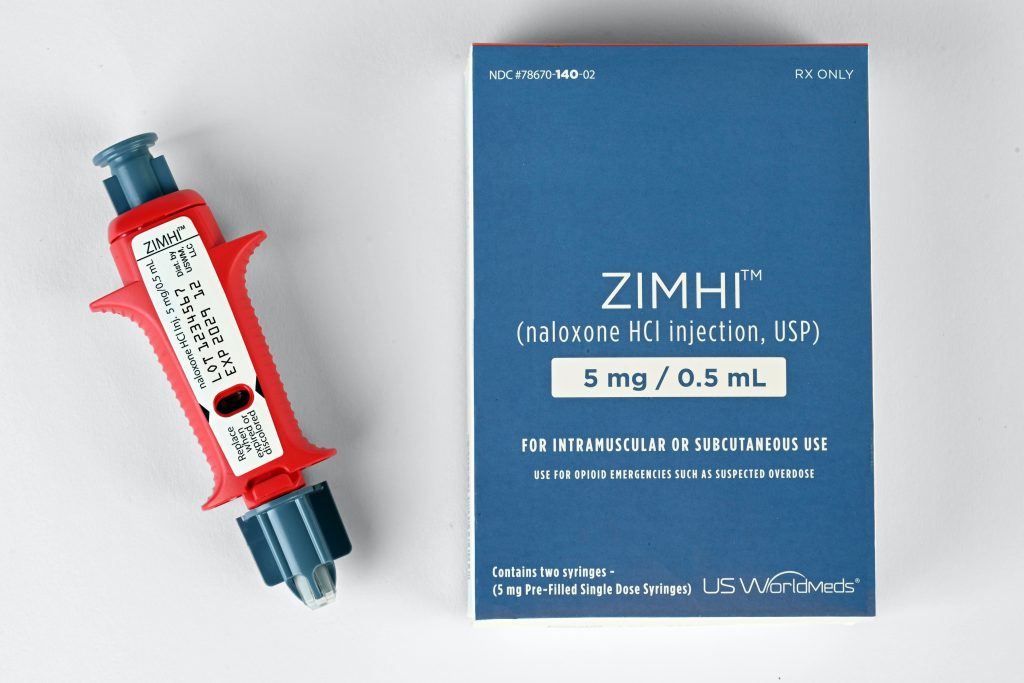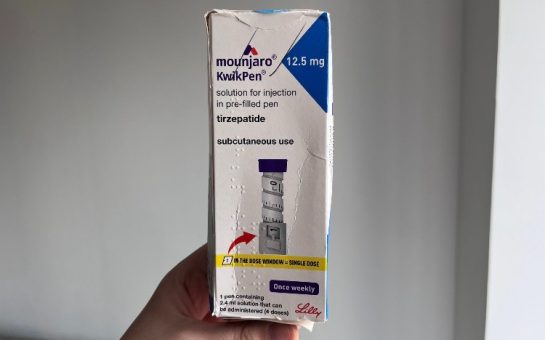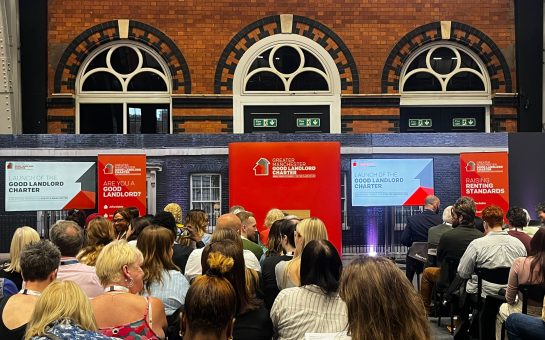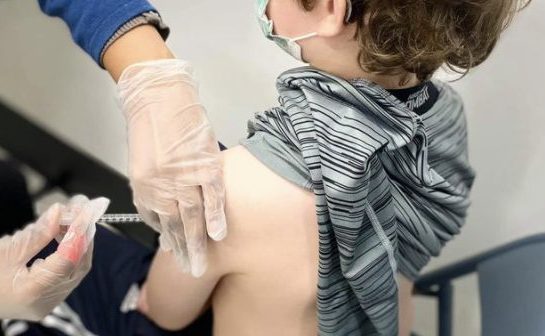Paul Turner* reflects on whether he would have ever got off drugs had he not injected a full syringe of street heroin into his artery.
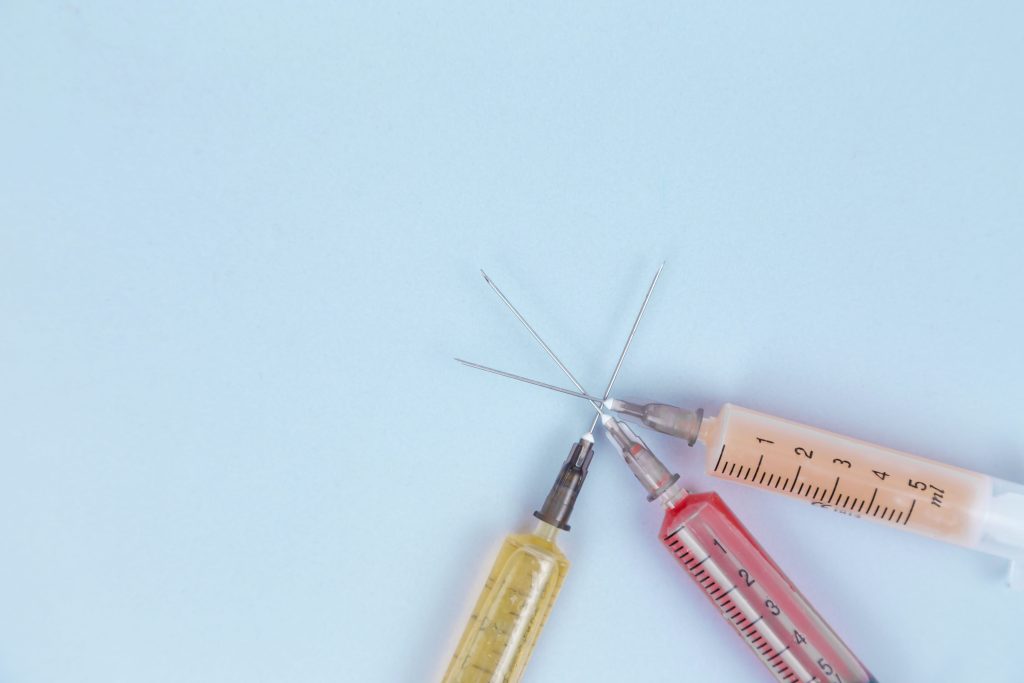
The 56-year-old from Salford, who now works for a substance misuse organisation tells me it was the most painful experience of his life.
A scar runs from his elbow to the palm of his hand due to the fasciotomy, the emergency procedure which saved his arm.
The accident was a turning point for him, and he has now been drug-free for 21 years.
He is open about what caused his addiction and is adamant to point out it was not a bad childhood.
He grew up with his middle-class grandparents on a nice street and admits he liked the confidence heroin gave him.
“Unfortunately for me I enjoyed drugs, it was the whole experience, it wasn’t just taking it, it was getting the money for it,
“It was the crime, going getting the gear and then sitting with your mates.
“It felt like an achievement, I was getting a kick out of what I was doing.”
For Paul life back then revolved around spending entire days chasing cash to buy enough heroin to straighten his body out so he could function.
According to the ONS the number of deaths in Greater Manchester related to drug poisoning has almost doubled from 207 to 368 between 2011 and 2021.
Number of drug related deaths by Kelly MattisonPaul was fortunate to survive after his operation, others are not so lucky.
In September 2013 Risha Lancaster’s younger brother Craig White died from a heroin overdose in a car park.
Following his death Risha went on to set up Coffee 4 Craig charity in Manchester.
The organisation which is centrally located supports homeless people by providing a home-cooked meal, access to a medic, a shower, a barber, and advice from staff and volunteers.
Despite being there for him practically and emotionally Risha says she knows there was nothing else she could have done to prevent her brother’s death.
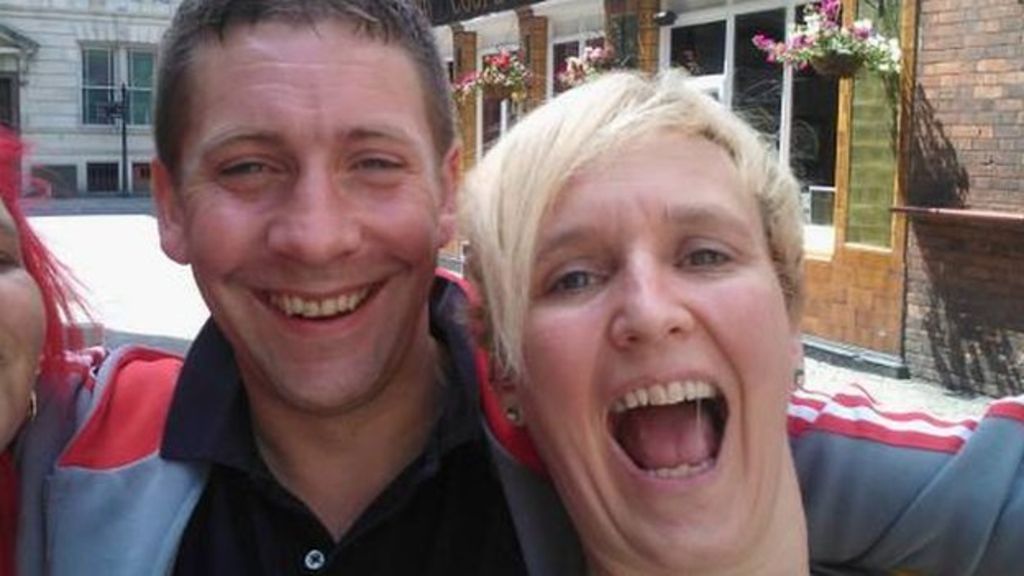
“You can’t facilitate it, it’s heart wrenching and hard.
“As soon as you realise it’s their journey, all you can do is be there and have that door open but enough to protect yourself so you’re not facilitating it but to let them know you still love them and you’re there when they decide they’ve had enough, and they want to do something about it.”
Paul has now swapped heroin for quiet walks with his dog in nature and instead of fighting what he calls his addictive personality he embraces it.
“I was brought up being told to fight it, people told me you shouldn’t be an addict, you’re too addictive.
“All my life I was fighting myself internally, when I recognised no, you’re an addict, Paul, be proud of that.
“Go and use that addictive personality like some superpower which I try to do every day now.
“I think bigger, I strive for better, and I try to make a difference and life’s happier because of it.
“Eventually what heroin tends to do is take everything from you, and it leaves you in a mess so you try to hide the fact you’re an addict and you can’t do it.”
Although reaching sobriety and freeing himself from the stranglehold of heroin has been a treacherous and rocky mountain to climb it has been worth the struggle.
Since leaving drugs behind he has gained a career, and raised his four children as a single father.
Risha says running her charity in her brother’s name feels the right thing to do.
“We’ve been able to save peoples’ lives and love people and just be there for them for them to come in and feel safe.”
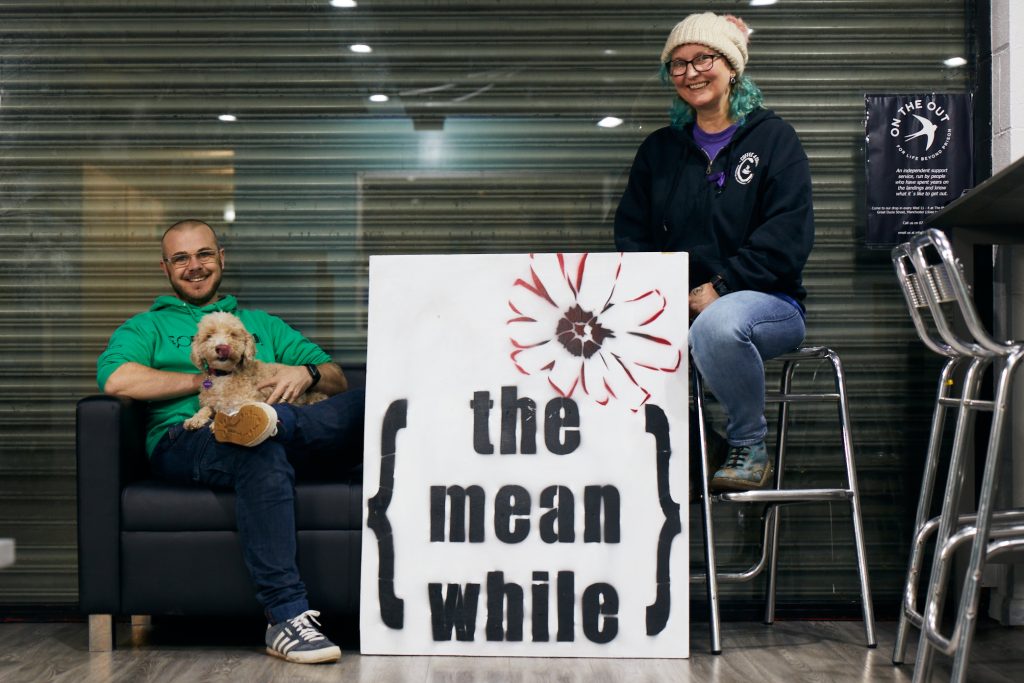
When the next figures for deaths from drug misuse from the ONS are released, Paul is hopeful they will change.
He cites the initiative of Naloxone which has been driven hard to make people aware of it as the reason.
According to Greater Manchester mental health Naloxone is a drug that can reverse the effects of opioids, such as heroin and methadone, it can even save someone’s life if it’s used quickly after they have overdosed on opioids.
“I think this could make an impact on those statistics over the next ten years just based on the drive that all substance misuse services are now pushing the agenda with Naloxone because it is a lifesaver,” Paul says.
